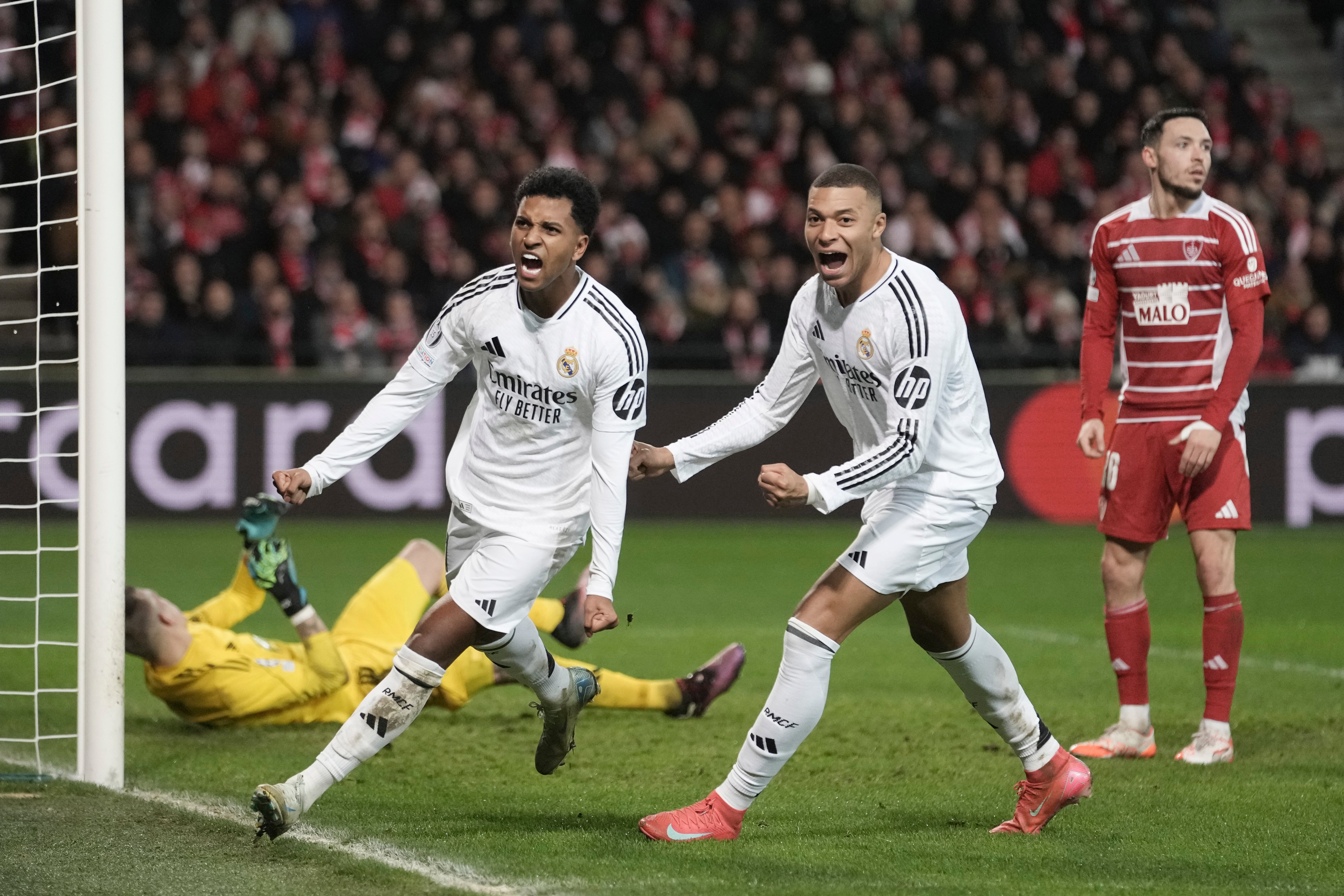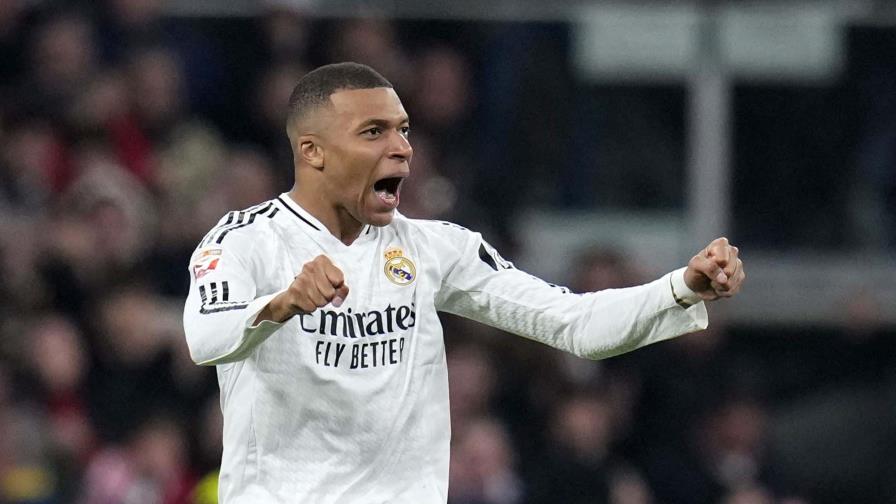UEFA Champions League: The Ultimate Guide To The Prestigious European Football Competition
BlogUEFA Champions League: The Ultimate Guide To The Prestigious European Football Competition - The UEFA Champions League has produced countless iconic moments that have become part of football folklore. From last-minute goals to stunning comebacks, the tournament has provided fans with unforgettable memories. Some of the most memorable moments include: For football enthusiasts, the UEFA Champions League is more than just a tournament; it's a celebration of skill, strategy, and passion. Every year, top clubs from various European leagues battle it out to claim the ultimate prize in club football. The competition's prestige is unmatched, and its influence extends far beyond the pitch.
The UEFA Champions League has produced countless iconic moments that have become part of football folklore. From last-minute goals to stunning comebacks, the tournament has provided fans with unforgettable memories. Some of the most memorable moments include:
The current format of the UEFA Champions League consists of several stages, including the qualifying rounds, group stage, and knockout phase. The tournament begins with qualifying rounds for teams that do not automatically qualify through their domestic leagues. These rounds determine which teams advance to the group stage.

One of the key milestones in the history of the UEFA Champions League was the introduction of the group stage format in 1992. This change allowed more teams to participate and increased the number of matches, making the tournament more engaging for fans. Since then, the competition has undergone several modifications to accommodate the growing number of participating teams and ensure a fair and competitive structure.

The UEFA Champions League features teams from across Europe, with qualification based on their performance in domestic leagues and cup competitions. The number of teams each country can enter depends on their UEFA coefficient ranking, which is determined by the performance of their clubs in European competitions over the past five years.
In conclusion, the UEFA Champions League is a cornerstone of modern football, representing the pinnacle of club competition in Europe. Its rich history, exciting format, and global appeal make it a must-watch event for fans worldwide. As we have explored in this article, the tournament's impact extends beyond the pitch, influencing the financial, cultural, and social aspects of the sport.
The UEFA Champions League has a significant financial impact on participating clubs and players. The tournament offers substantial prize money, with the winners receiving millions of euros. Additionally, clubs benefit from increased revenue through broadcasting rights, sponsorship deals, and ticket sales.
The UEFA Champions League traces its roots back to the European Cup, which was first held in 1955. Initially conceived as a competition for the top clubs in Europe, the tournament quickly gained popularity. The format and name evolved over the years, and in 1992, the competition was rebranded as the UEFA Champions League to reflect its growing stature.
The current format of the UEFA Champions League is designed to ensure fair competition and provide a balanced schedule for participating teams. Some of the key features include:
Moreover, the UEFA Champions League has a significant cultural impact, promoting values such as teamwork, fair play, and respect. The tournament's initiatives to support social causes and promote inclusivity further enhance its positive image.
Fan engagement is a crucial aspect of the UEFA Champions League's success. The tournament encourages interaction through social media platforms, official apps, and live events. Fans can participate in polls, share their opinions, and connect with fellow supporters from around the world.
Once the group stage begins, 32 teams are divided into eight groups of four. Each team plays against the others in their group twice, home and away. The top two teams from each group advance to the knockout phase, which consists of a series of two-legged ties until the final, which is a single-match showdown.
The qualification process for the UEFA Champions League is competitive and involves several stages: